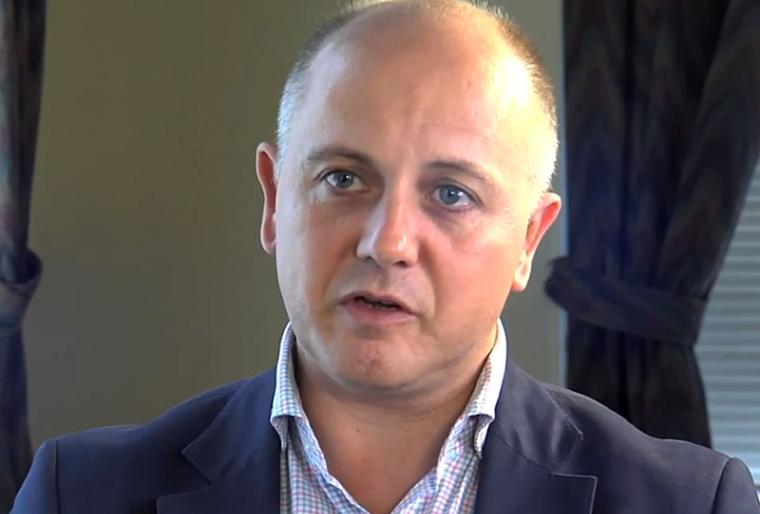The controversial My Health Record service has been given a $200 million funding boost in the federal budget, with a number of other tech-driven delivery platforms also getting a cash injection.
Josh Frydenberg’s first budget also included nearly $40 million to make sure the census debacle of 2016 doesn’t happen again, and more than $10 million to upgrade tech at polling booths.
The government did not provide any specifics on how the MHR funding would be used, apart from “continuing” the service.

It’s the first funding given to the scheme since the $387 million that was provided in the 2017-18 budget to facilitate the switch to an opt-out service. The opt-out period closed earlier this year, with more than 2.5 million people opting out of MHR – nearly 10 per cent of all eligible Australians.
“The My Health Record system allows individuals to control and track their medical history and treatments, such as medical tests, use of medicines and vaccinations,” the budget documents said.
MHR has been shrouded in controversy since it was transformed into an opt-out service, with concerns centred on the scheme’s privacy and data security risks.
Also included in the budget was $38.3 million over three years for the Australian Bureau of Statistics to “facilitate the delivery” of the next census, and ensure things go more smoothly than the last time.
The 2016 Census became a well documented debacle, with the ABS experiencing a series of distributed denial of service attacks that a review later found to be “predictable and defeatable”.
The census service was eventually taken offline for a number of hours.
“The additional funding will address issues arising from the 2016 Census, including responding to the recommendations of the Senate inquiry and the MacGibbon review,” budget document said.
The MacGibbon review concluded that the ABS had not adequately prepared for the cyber risks, and had not taken responsibility for the incident.
The Senate inquiry released its report on the census failure in 2016, finding that the ABS’s “funding has been eroded over a number of years while the demands and expectations placed on the organisation have increased”.
The Australian Electoral Commission has also been provided with $10.8 million over two years to “approach the market to scope the deployment of new polling place technology and upgrades to the AEC’s ageing core ICT infrastructure”.
The cash comes from funding provisions in 2021-22 for polling place technology, with $4 million provided in 2019-20 and $6.7 million in 2020-21. It’s believed the technology will help to make it easier to check voters off the list and make sure they don’t vote twice at another booth.
A Digitisation Fund will also be established by the National Library of Australia to enable the continued digitisation of its collection, with $10 million in funding over four years.
Priority projects for the fund include the “digitisation of the papers of eminent Australians such as Sir John Monash and Sir Robert Menzies, as well as all Australian books, journals and newspapers published before Federation”.
An extra $67.2 million will also be provided to the Digital ID project, funding five more pilot programs and an integration with the MyGov platform.
Do you know more? Contact James Riley via Email.

